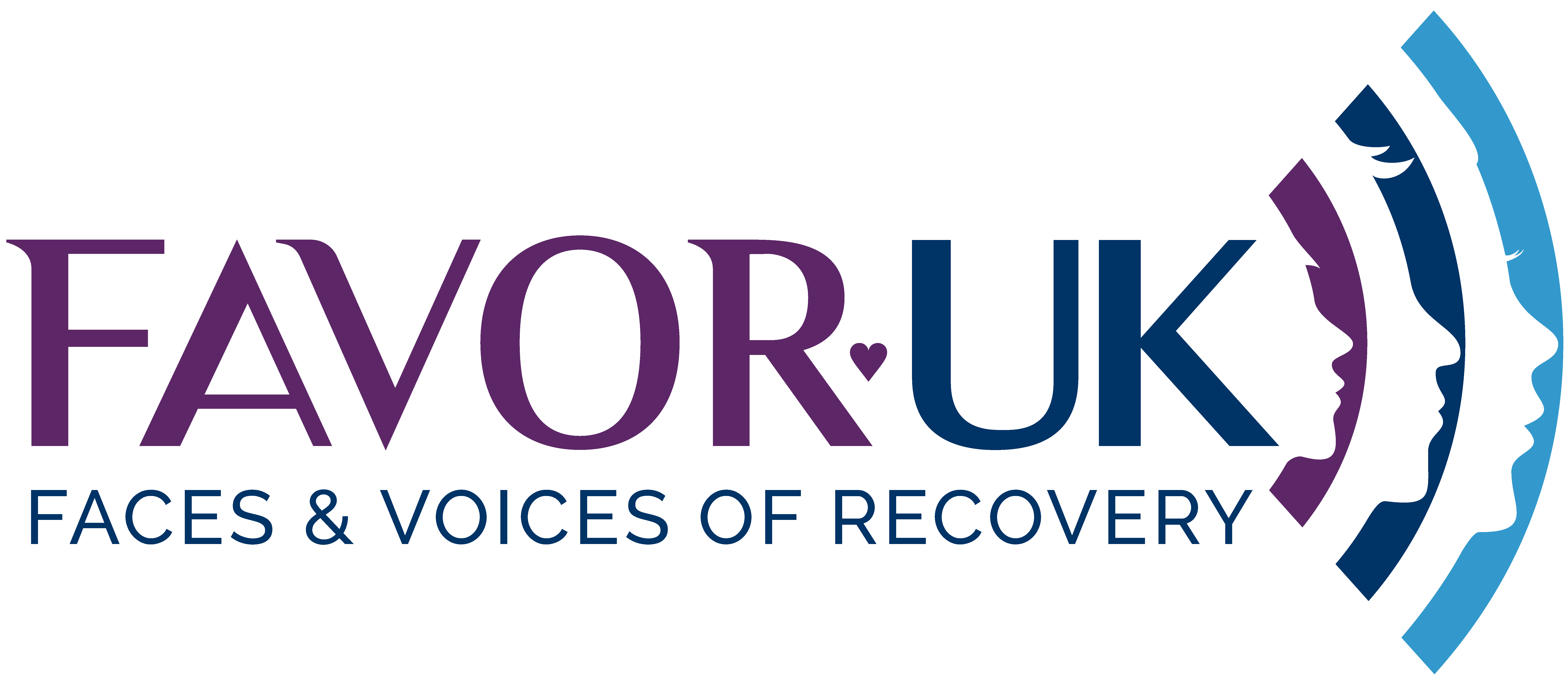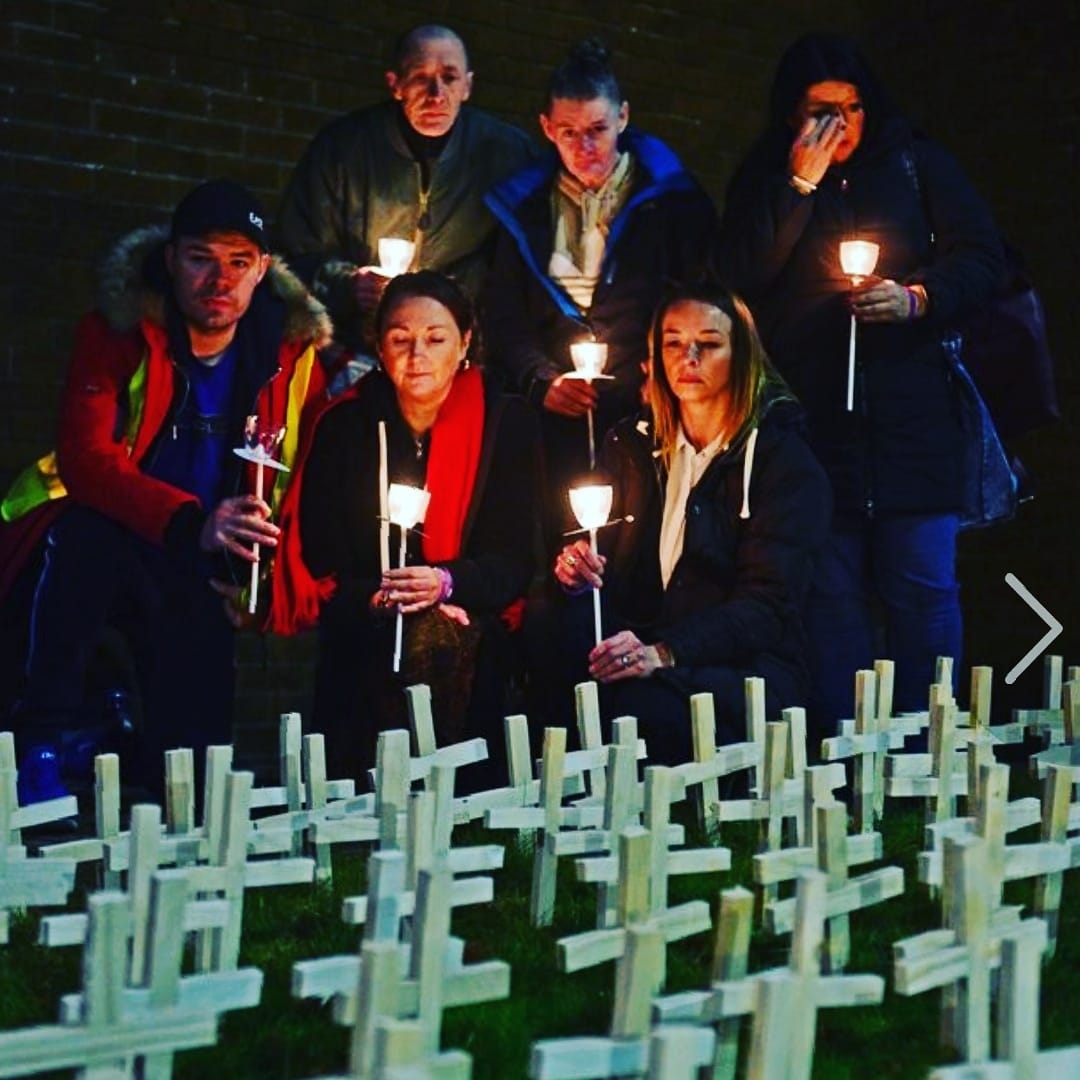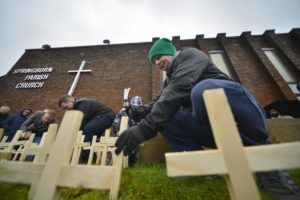Normally at the end of Recovery month we are invigorated and reenergised in our commitment to celebrating recovery but this year it has been more difficult to celebrate and here’s why. The impact of lockdown on recovery according to a yougov poll says that 39% of people surveyed who were in recovery from an addiction prior to lockdown have experienced a relapse or a re-occurrence of their addictive behaviour since lockdown. On a national scale this may mean more than one million people in the UK have experience some form of relapse during lockdown. 26% of people surveyed with a family member in recovery prior to lockdown reported their loved one experiencing relapse or a re-occurrence of their addictive behaviour since lockdown 28% of people surveyed with a friend in recovery prior to lockdown reported their loved one experiencing relapse or a re-occurrence of their addictive behaviour since lockdown. Read more here
For the last 3 decades the addiction field particularly in the UK has been plagued by the debate of harm reduction or abstinence. To the man on the street this argument comes down to methadone or rehab. Commentators, politician’s, leaders & experts have all contributed to this false dichotomy. It is false because both are useful in saving lives.
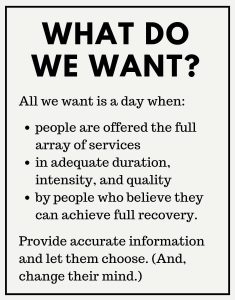
The leadership in the addiction field has become so entrenched in this debate it either stubbornly refuses to see how stark the investment is only in one area or they have completely lost perspective because of their political paymasters. The same tired old lines around harm reduction or abstinence are rolled out now when the balance of investment in only harm reduction interventions is highlighted.
When the public think of treatment they think of combatting illness, getting well and recovering. When the majority of addiction professional’s use the word treatment they mean managing the symptoms of addiction, which means, stopping the risk of BBVs, safe injecting practices & other valuable & vital harm minimisation interventions.
The public think addiction treatment is the former while professionals mean the latter.
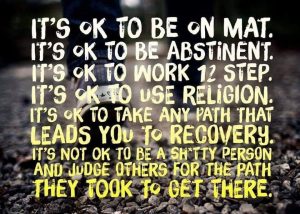
Using Glasgow as a microcosm of the UK we can see that addiction “treatment” is funded to the tune of £47 million per year. But only ½ a million of that is spent helping people get into rehab and to get off drugs, get well and rebuild their lives.
That means that
For the 22,500 problem drug users in the Greater Glasgow and Clyde area, there are only 13 rehab beds. This represents a similar picture across the 4 nations. England Ireland Wales & Scotland.
Is it any wonder we are dying in greater numbers than anywhere else in the world?
Evidence-based rehab has not been a priority despite a record level of fatalities. In terms of long-term rehabilitation, there is a mounting body of evidence to suggest that this option, far from being a super-expensive intervention of last resort, is actually a money-saving investment. People in long-term rehabilitation cost a fraction of what they cost society prior to entry and a significant percentage go on to enter full-time employment with their taxes going to cover the cost of their treatment many times over.
This isn’t resurgence of the old debate of harm reduction versus abstinence it is a plea to those leaders and industry experts to acknowledge honestly that the pendulum has swung so extremely in the favour of only harm reduction interventions that we no longer in any real monetary sense invest in helping people get well.
That in our desperation because of austerity policies we have ended up in the situation where the majority of investment goes into trying keep people alive & minimise harm. That because of funding cuts services to help people move out of substance dependence have either been cut all together or are working on an extremely limited budget that makes it almost impossible.
We would like industry experts and leaders to acknowledge the services that did the life saving work of helping people rebuild their lives often in many parts of the UK just aren’t there anymore.
The conversation & changes we are asking the field to have & make are not about one approach or the other. It is about encouraging unity that will help our leadership advocate for a least the same investment we currently have in harm reduction interventions to be available in the areas that not just nobly keep us alive and reduce harm but can actually help us get well again. Interventions like long term rehab, community & residential, trauma therapy, supported housing, & projects that support us into education & employment.
For those of us who are currently in recovery however difficult we are finding to sustain at the moment we ask you to think about those who haven’t yet found it. We thank you from the bottom of our heavy hearts for all your fundraising events, walks, socially distant sing songs, and all round spirt lifting events & actions during #recoverymonth 2020. We also ask you to help us campaign for those who still suffer. Without long term sustained & adequate investment in optimal evidence based OST & actual treatment, we won’t deliver the impact needed to save life’s and we will continue to see the drug death numbers rise despite our failing attempts to invest in keeping people alive.
